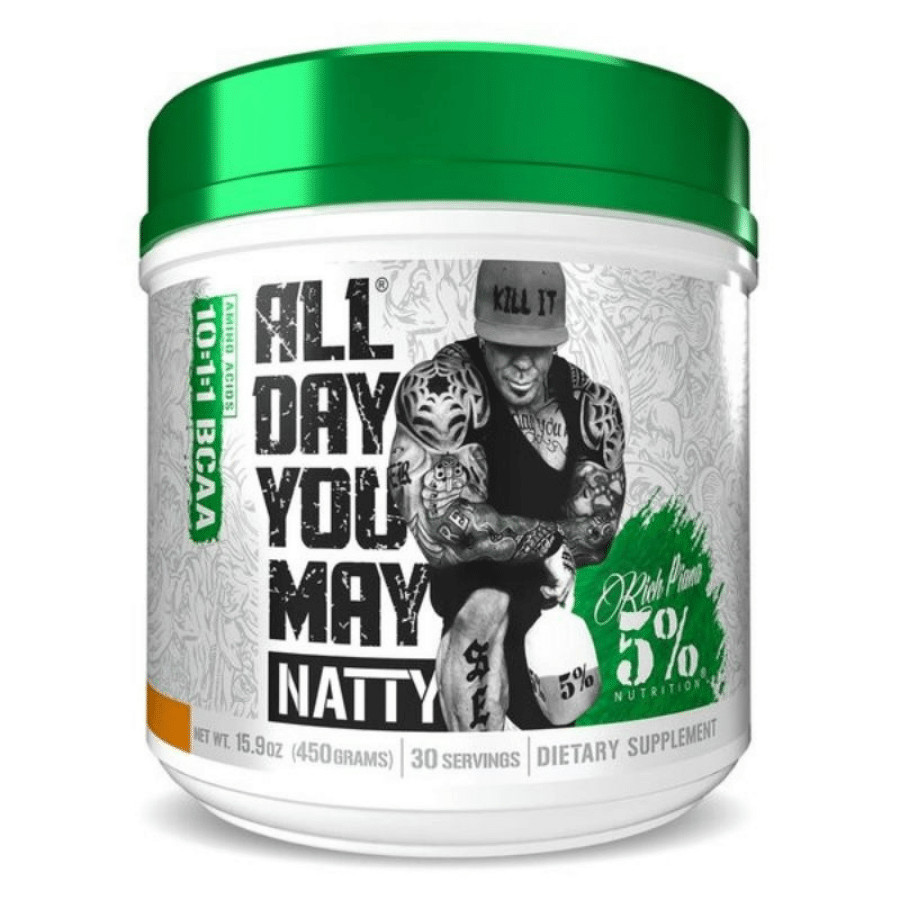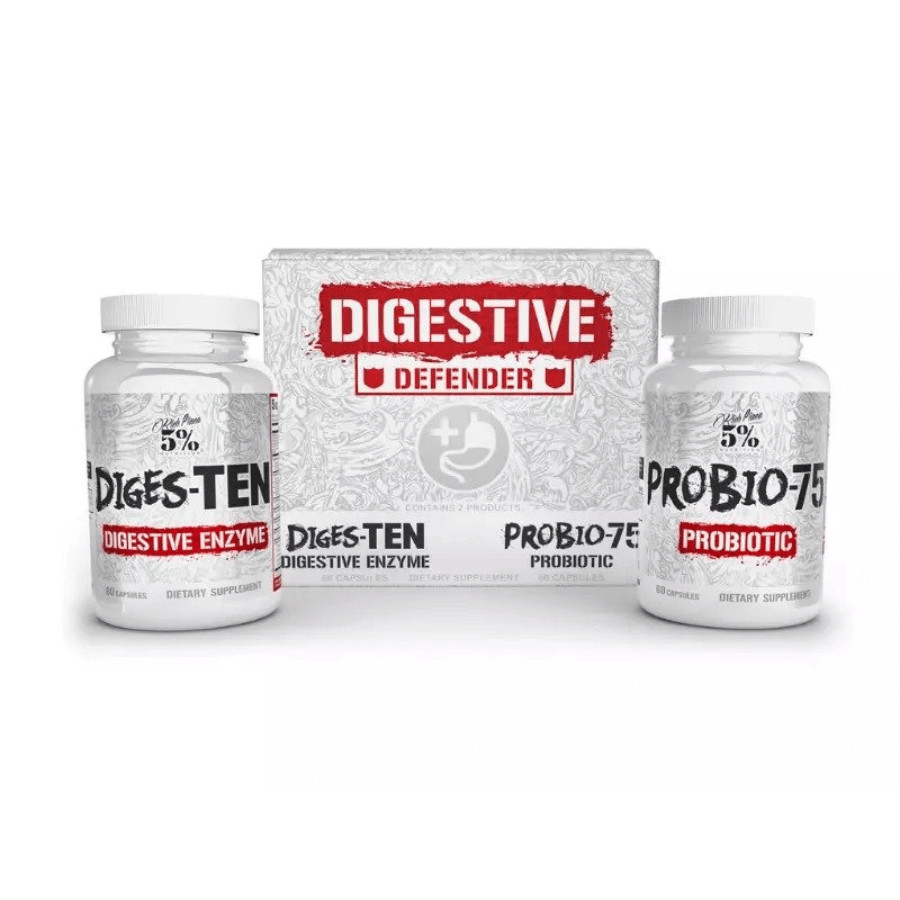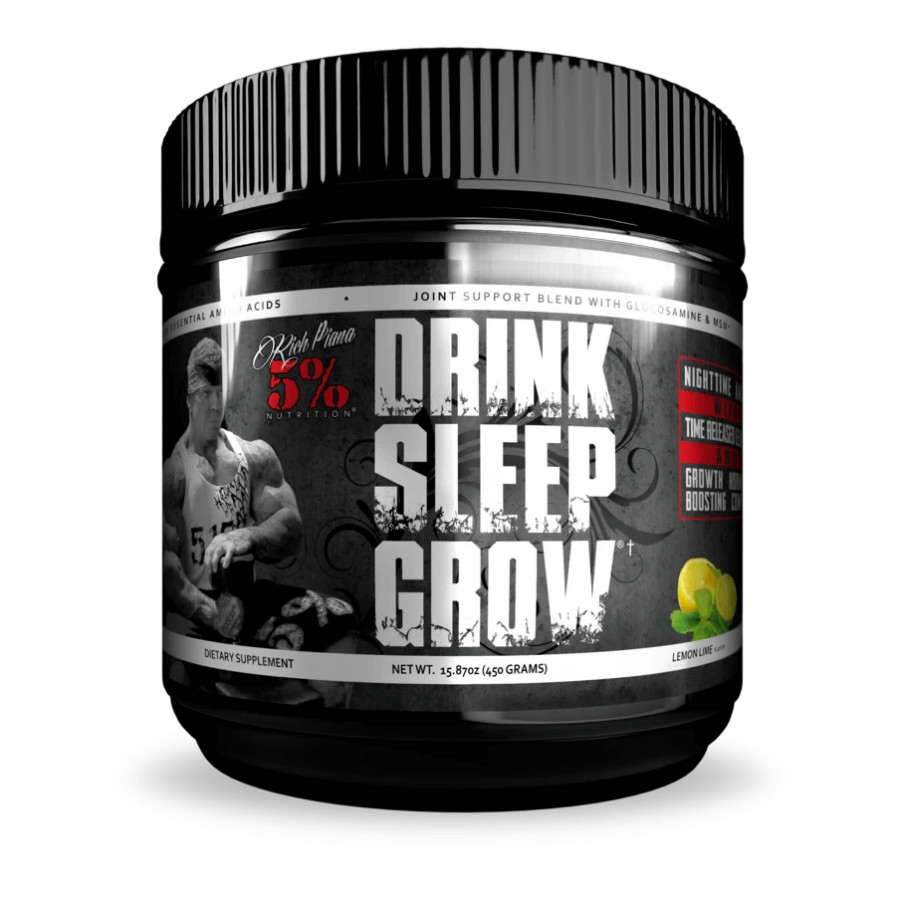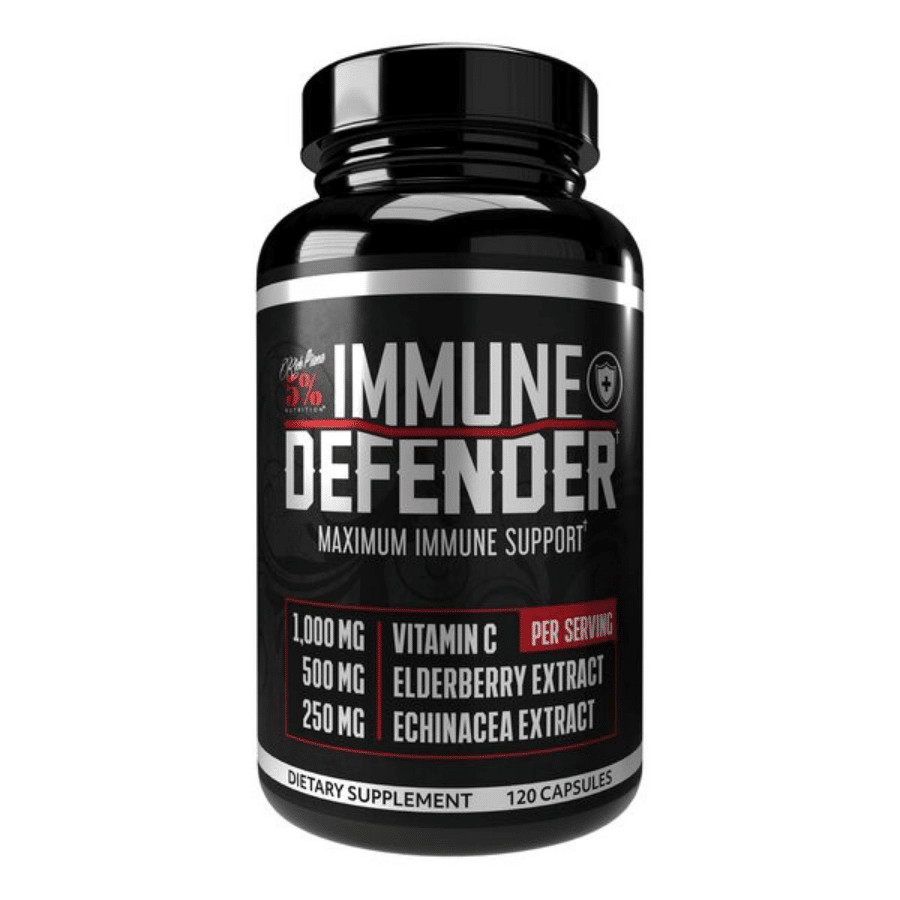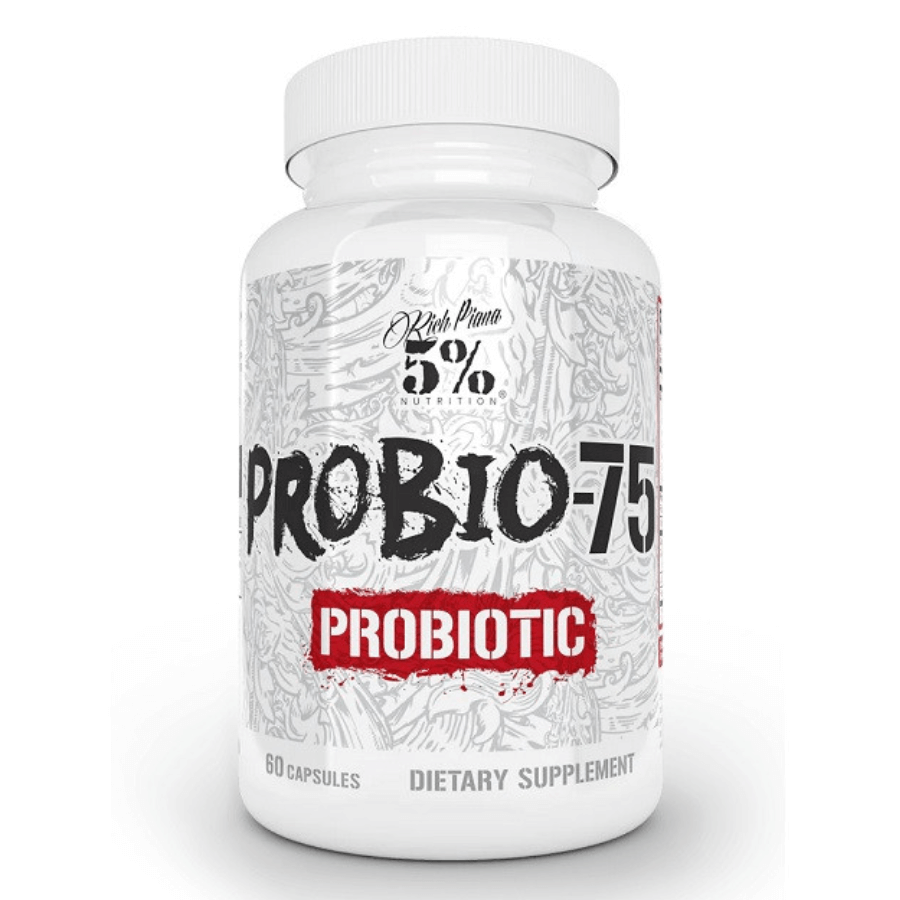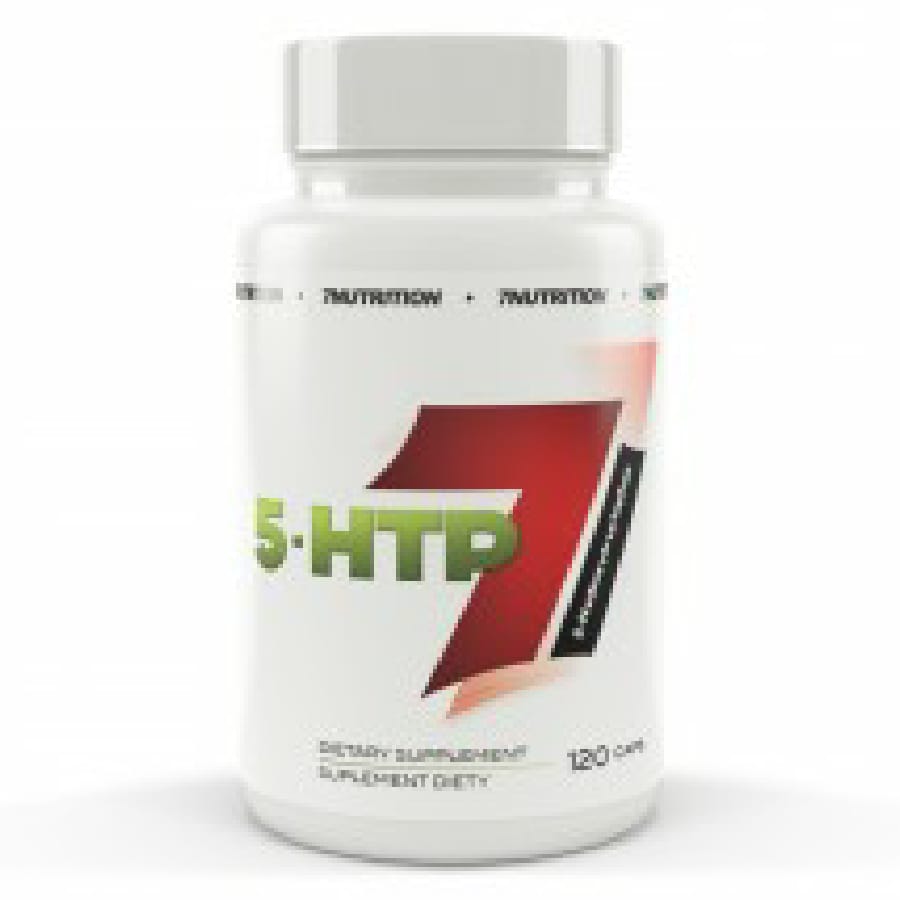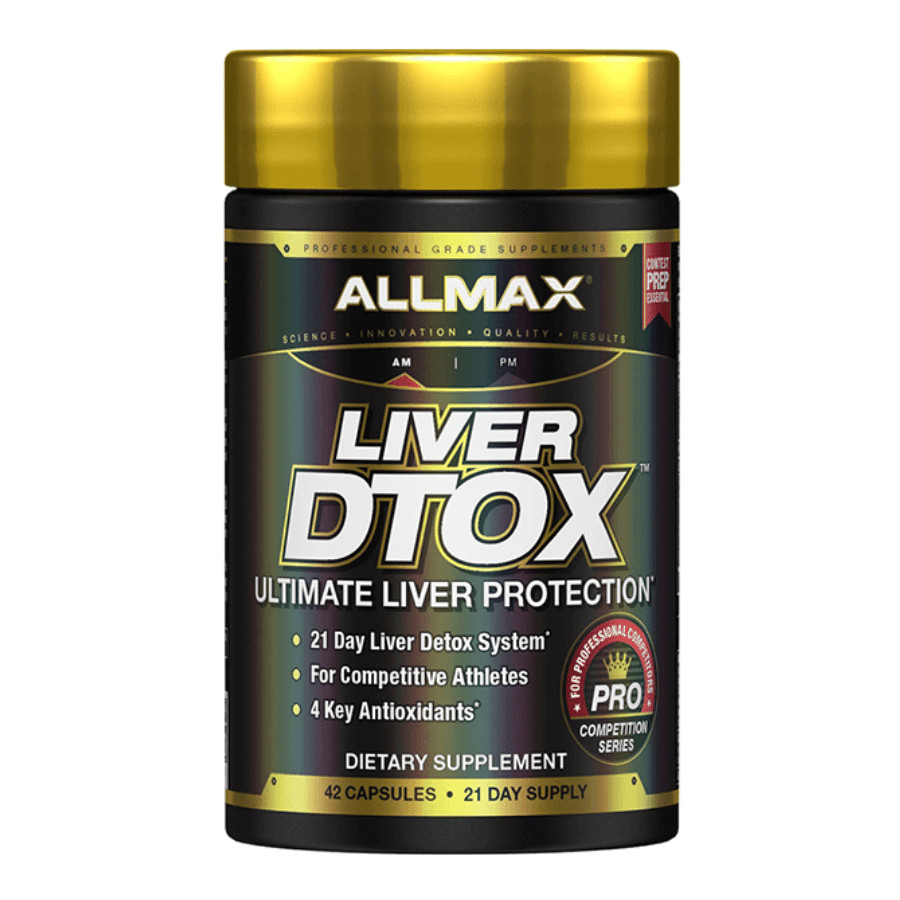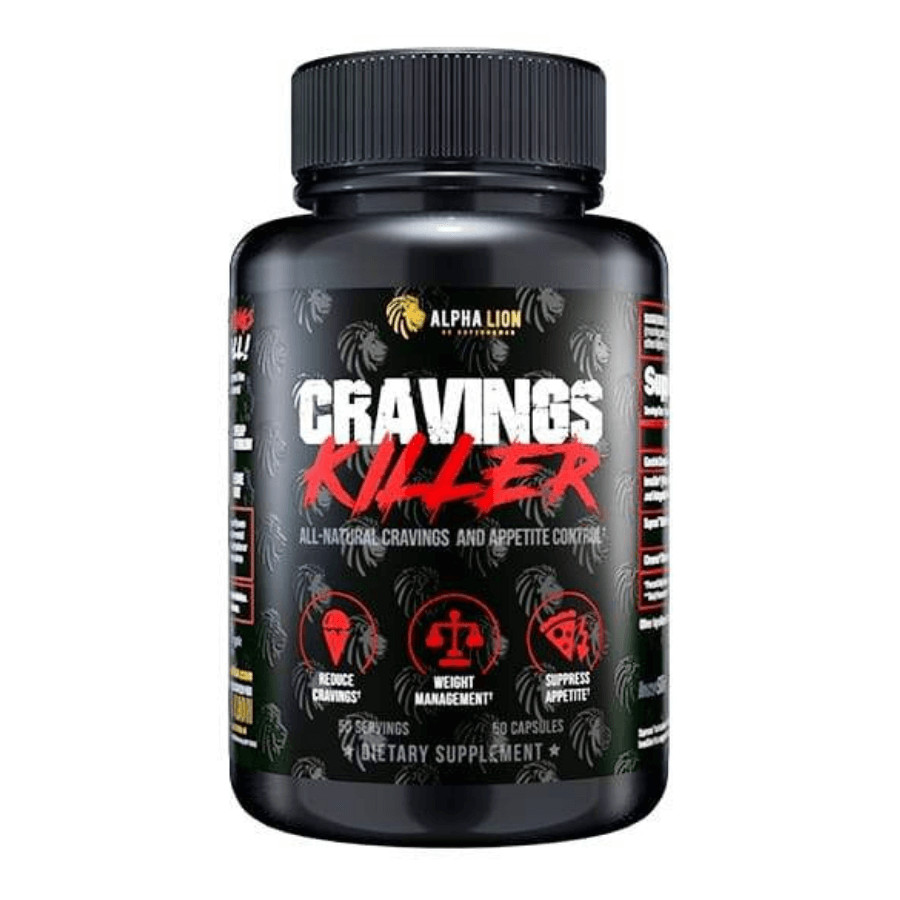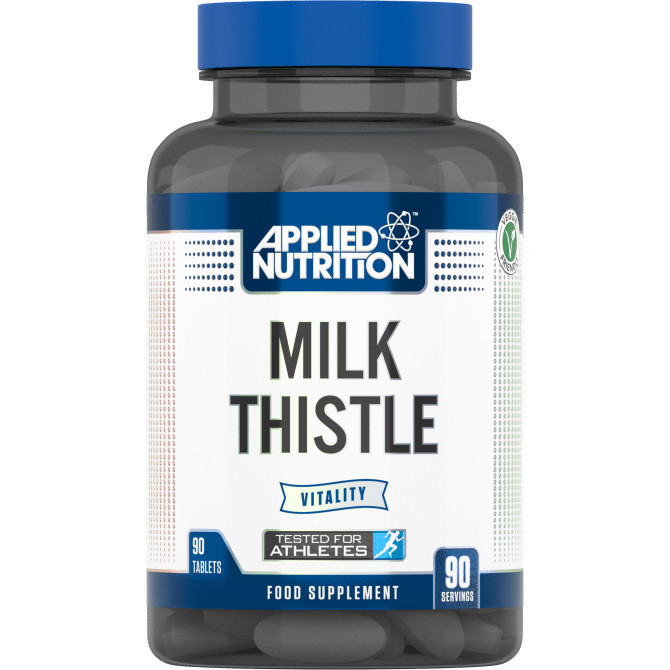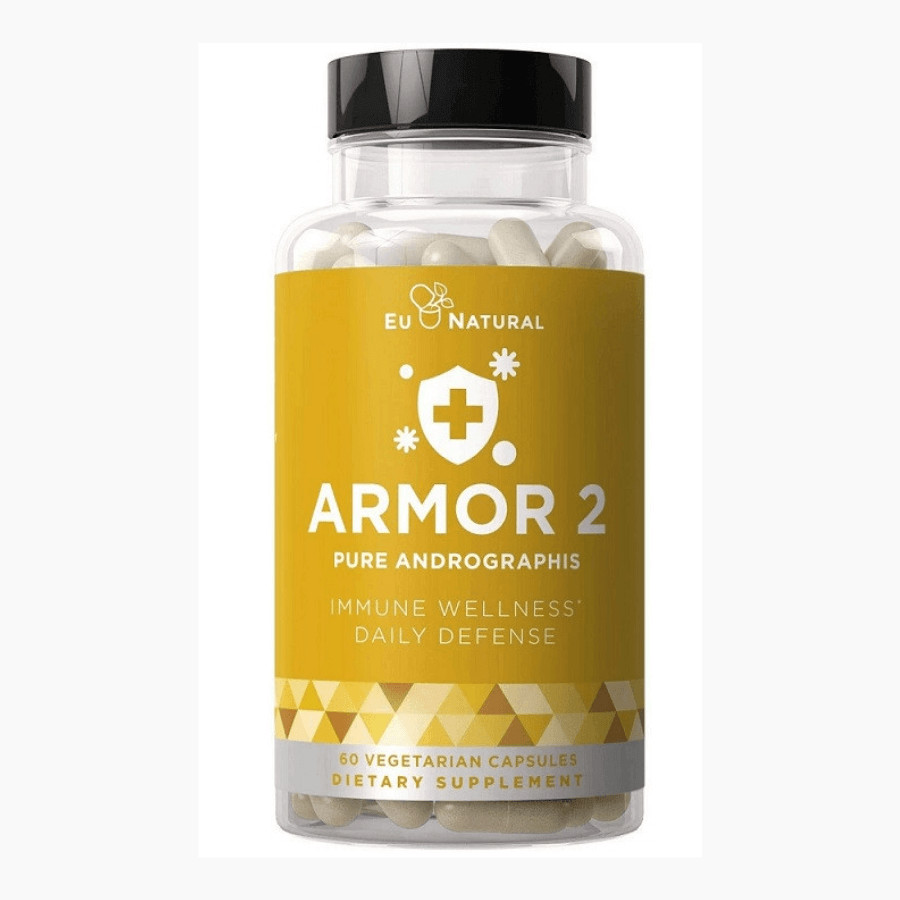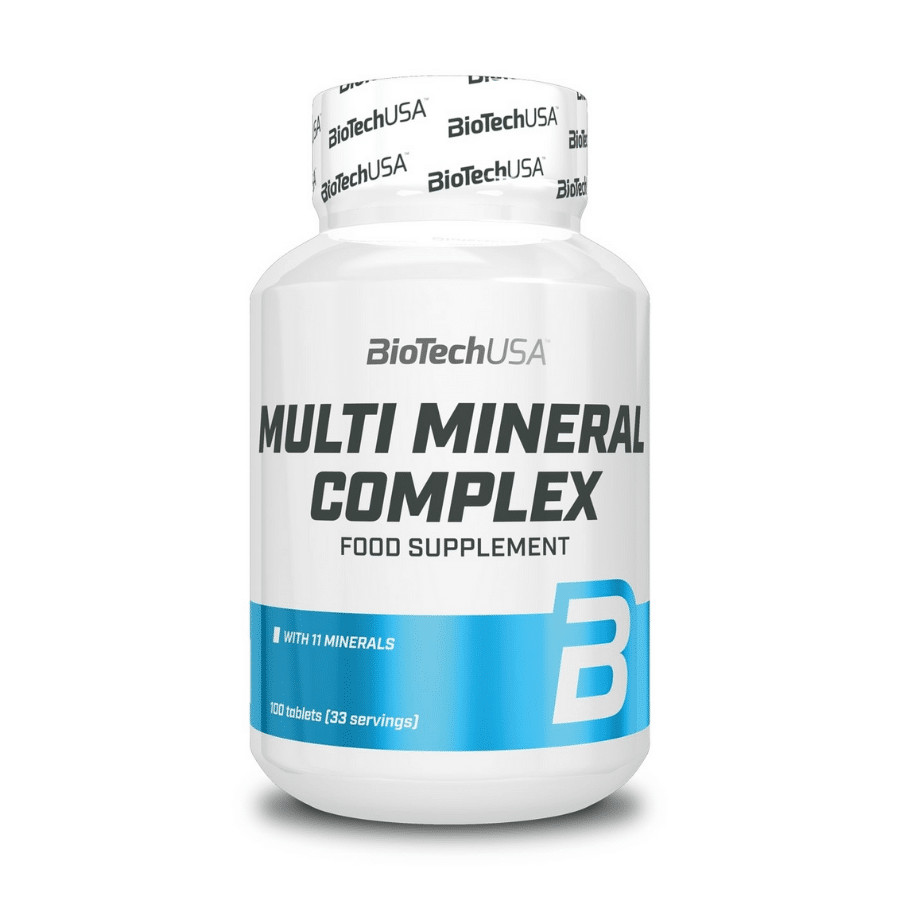One of the key factors driving the popularity of herbal supplements is the desire for natural and non-invasive treatment options. Many people are seeking alternatives to pharmaceutical drugs that may come with unwanted side effects or risks. Herbal supplements offer a more gentle and holistic approach to health, with many people finding relief from various ailments without synthetic drugs. Additionally, the accessibility of herbal supplements has increased with the rise of online retailers and health food stores, making it easier for consumers to explore and purchase a wide range of herbal products. As a result, herbal supplements have become a mainstream part of modern medicine, with many healthcare practitioners incorporating them into their treatment plans for patients.
The Science Behind Herbal Supplements
The use of herbal supplements is often rooted in traditional knowledge and practices passed down through generations. However, modern scientific research has played a crucial role in validating the efficacy and safety of herbal supplements. Scientists have been able to identify the active compounds in plants and herbs that contribute to their medicinal properties and understand how these compounds interact with the body. This has led to a better understanding of the mechanisms of action behind herbal supplements and has helped to demystify their therapeutic effects. For example, studies have shown that compounds found in herbs such as ginseng, echinacea, and St. John’s wort have immune-boosting properties that can help support the body’s natural defences.
Furthermore, technological advancements have allowed researchers to conduct rigorous clinical trials and studies on herbal supplements, providing evidence-based support for their use in modern medicine. These studies have helped establish certain herbal supplements’ safety and efficacy for specific health conditions. For example, research has shown that saw palmetto may effectively manage symptoms of benign prostatic hyperplasia (BPH). At the same time, studies on ginkgo biloba have suggested potential benefits for cognitive function. The science behind herbal supplements continues to evolve, with ongoing research shedding light on new potential uses and applications for these natural remedies.
How Herbal Supplements Are Regulated
In many countries, including the United States, herbal supplements are regulated as dietary supplements by government agencies such as the Food and Drug Administration (FDA). This means they are subject to specific regulations and guidelines governing their production, labelling, and marketing. However, unlike pharmaceutical drugs, herbal supplements are not required to undergo the same rigorous testing and approval process before being sold to consumers. Instead, manufacturers are responsible for ensuring the safety and quality of their products and must adhere to good manufacturing practices (GMP) set forth by regulatory authorities.
Regulating herbal supplements is a complex and evolving process that aims to balance ensuring consumer safety and preserving access to natural health products. In recent years, there has been increased scrutiny on the quality and purity of herbal supplements, with concerns about adulteration and contamination leading to calls for stricter regulations. As a result, regulatory agencies have taken steps to improve oversight of the herbal supplement industry, including implementing more stringent testing requirements and quality control measures. Despite these efforts, challenges remain in ensuring consumers access safe and effective herbal supplements, highlighting the need for ongoing vigilance and collaboration between regulators, manufacturers, and healthcare professionals.
The Benefits and Risks of Herbal Supplements
Herbal supplements offer a wide range of potential benefits for health and wellness, with many people using them to support various aspects of their well-being. For example, chamomile and valerian are commonly used to promote relaxation and improve sleep quality. In contrast, others like ginger and peppermint are known for their digestive support properties. Additionally, herbs such as echinacea and elderberry are popular for immune system support during cold and flu season. Many people also turn to herbal supplements for their antioxidant properties, which can help protect against oxidative stress and inflammation in the body.
However, it’s essential to recognize that herbal supplements also have potential risks and limitations. While they are generally considered safe when used appropriately, there is still the potential for adverse reactions or interactions with other medications or health conditions. Furthermore, the quality and purity of herbal supplements can vary widely between products and brands, making it essential for consumers to research and choose reputable sources. Additionally, some herbs may not be suitable for specific individuals, such as pregnant or breastfeeding women, children, or those with specific medical conditions. As with any form of medicine or supplement, it’s essential to consult a healthcare professional before using herbal supplements to ensure they are safe and appropriate for your needs.
Popular Herbal Supplements and Their Uses
Some herbs and plants are used in herbal supplements for various health benefits. Some of the most popular herbal supplements include:
– Echinacea: Known for its immune-boosting properties, echinacea is commonly used to support the body’s natural defences against colds and flu.
– Turmeric: This vibrant yellow spice contains curcumin, a powerful anti-inflammatory compound that has been studied for its potential benefits in managing conditions such as arthritis and digestive disorders.
– Ginseng: Used for centuries in traditional Chinese medicine, ginseng is believed to enhance energy levels, improve mental clarity, and support overall vitality.
– Milk thistle: This herb is often used to support liver health and detoxification processes in the body.
– Valerian: Known for its calming effects, valerian is often used as a natural remedy for insomnia and anxiety.
These are just a few examples of the many herbs commonly used in herbal supplements. Each herb has unique properties and potential uses, making it essential for individuals to research and understand how specific herbs may benefit their health.
Incorporating Herbal Supplements into Your Health Routine
If you’re considering incorporating herbal supplements into your health routine, it’s essential to approach them with caution and mindfulness. Here are some tips for safely integrating herbal supplements into your wellness regimen:
Do your research: Before trying any new herbal supplement, learn about its potential benefits, risks, and any relevant research or clinical evidence.
– Consult with a healthcare professional: It’s always wise to seek guidance from a qualified healthcare practitioner before starting any new supplement regimen. Based on your health history, they can help you determine if a particular herb is safe.
– Choose reputable brands: Look for herbal supplements from trusted manufacturers that adhere to high-quality standards and testing protocols.
– Start slowly: When trying a new herbal supplement for the first time, start with a low dose to gauge your body’s response before increasing your intake.
– Monitor your experience: Pay attention to how your body responds to the herbal supplement over time. If you notice any adverse effects or changes in your health, discontinue use and consult with a healthcare professional.
In conclusion, herbal supplements have a rich history rooted in traditional knowledge and practices that influence modern medicine today. With growing interest in natural health solutions, consumers need to approach herbal supplements with awareness of their potential benefits and risks. By staying informed and seeking guidance from healthcare professionals, individuals can make informed decisions about incorporating herbal supplements into their wellness routines safely and responsibly.

